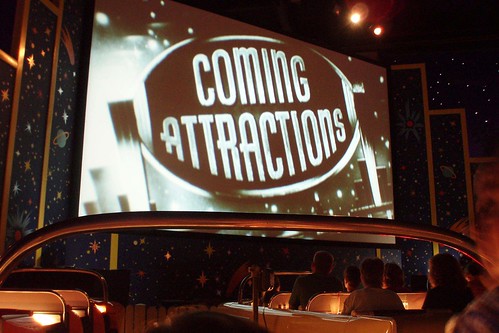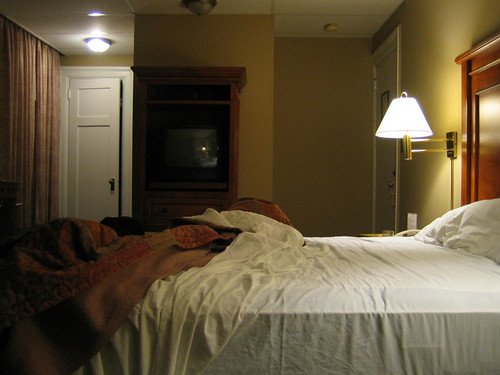What marks the transition from novice to expert?
llow @bakadesuyo Novices focus on positive feedback ("good job!") because hearing they're doing well helps them stay committed. Experts focus on negative feedback ("You're doing that incorrectly") because they're interested in progress. As people go from novice to expert their focus shifts. A large proportion of marketing communication concerns feedback to consumers. This article explores what feedback people seek and respond to. We predict and find a shift from positive to negative feedback as people gain expertise. We document this shift…
1 min read
Is stupidity contagious?
llow @bakadesuyo Watching movies and TV shows about stupid people may temporarily make you stupider: Media priming refers to the residual, often unintended consequences of media use on subsequent perceptions, judgments, and behavior. Previous research showed that the media can prime behavior that is in line with the primed traits or concepts (assimilation). However, assimilation is expected to be less likely and priming may even yield reverse effects (contrast) when recipients have a dissimilarity testing mindset. Based on previous research…
1 min read
How much does it cost to make a hit song?
llow @bakadesuyo NPR has a very interesting piece on how much it costs to make a hit song. Where the money goes is actually more interesting than the number: A writing camp is like a reality show, where top chefs who have never met are forced to cook together. At the end, Rihanna shows up like the celebrity judge and picks her favorites. Her new album has 11 songs on it. So figure that the writing camp cost about $18,000…
2 minutes
Advice on how to best use caffeine — from a neuroscientist:
in 25K+ readers. No spam, ever. Enter your email here: Via Caffeine: A User's Guide to Getting Optimally Wired by Chris Chatham. 1) Consume in small, frequent amounts. Between 20-200mg per hour may be an optimal dose for cognitive function. 2) Play to your cognitive strengths while wired. Caffeine may increase the speed with which you work, may decrease attentional lapses, and may even benefit recall - but is less likely to benefit more complex cognitive functions, and may…
1 min read
How little sleep can you get away with?
in 25K+ readers. No spam, ever. Enter your email here: The New York Times has an interesting article on the subject but the takeaway is here: In what was the longest sleep-restriction study of its kind, Dinges and his lead author, Hans Van Dongen, assigned dozens of subjects to three different groups for their 2003 study: some slept four hours, others six hours and others, for the lucky control group, eight hours — for two weeks in the lab...…
2 minutes
Does your mind play tricks on you when it comes to food?
llow @bakadesuyo Brian Wansink researches eating behavior at Cornell. In an extended interview he covers a number of the ways context and bias surreptitiously affect our eating decisions: It was all the same $2 cabernet. And we found that if people thought it was from California, they rated the wine as better, they rated the food as better, they stayed at the restaurant about 10 minutes longer, and many of them made reservations to come back. When we served them the…
3 minutes
An easy way for women to be more attractive to men and men to be more attractive to women:
rls, wear red: In many non-human primate species, a display of red by a female increases attraction behavior in male conspecifics. In two experiments, we investigate an analogous effect in humans, specifically, whether red on a woman's shirt increases attraction behavior in men. In Experiment 1, men who viewed an ostensible conversation partner in a red versus a green shirt chose to ask her more intimate questions. In Experiment 2, men who viewed an ostensible interaction partner in a red…
1 min read
Is making your bed unhealthy?
a the BBC: Failing to make your bed in the morning may actually help keep you healthy, scientists believe. Research suggests that while an unmade bed may look scruffy it is also unappealing to house dust mites thought to cause asthma and other allergies. A Kingston University study discovered the bugs cannot survive in the warm, dry conditions found in an unmade bed. Take that, mom. :) Join 45K+ subscribers. Get a free weekly update via email here. Related posts: How to…
1 min read





